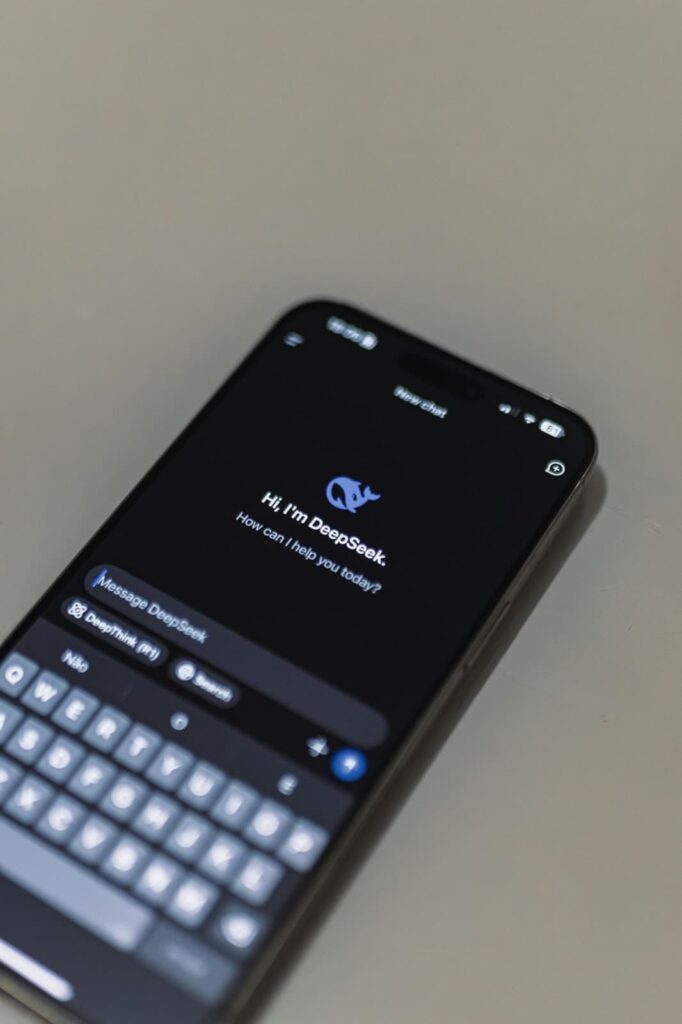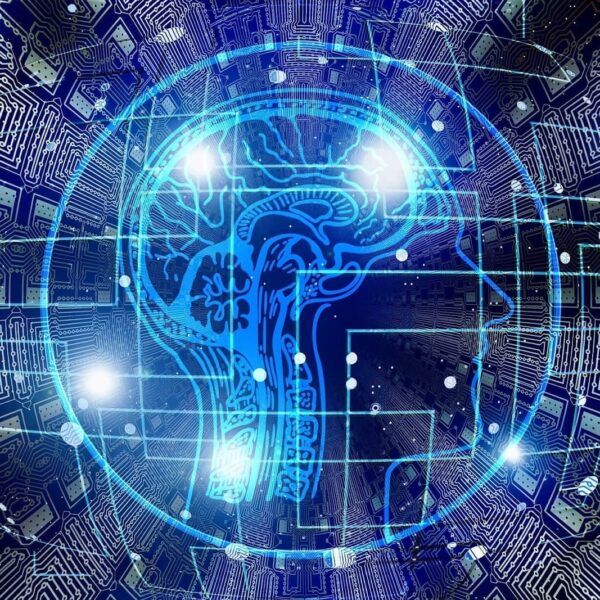Artificial Intelligence (AI) is no longer just a futuristic concept—it has already transformed the way mobile applications are developed, optimized, and used. From personalized recommendations to advanced voice assistants, AI has embedded itself into nearly every aspect of modern mobile apps. But is AI truly revolutionizing mobile development, or is it just another passing trend?
With AI-driven automation, developers can now streamline app development, reducing both time and effort while enhancing user experience. AI-powered tools allow apps to learn from user behavior, making them more intuitive and efficient. But with these advancements come challenges: increased data privacy concerns, ethical dilemmas, and the need for constant updates.
As AI continues to evolve, its impact on mobile app development will only grow. But what does this mean for developers, businesses, and end-users? Will AI-driven apps become the standard, or will human creativity always be necessary?
How AI is Transforming Mobile App Development
AI is not just improving mobile applications—it’s redefining the entire development process. Here’s how:
- Automated Code Generation – AI-powered coding assistants can write and debug code, reducing the time developers spend on repetitive tasks.
- Enhanced User Experience – AI analyzes user behavior and preferences to deliver personalized content and app interactions.
- Better Security Measures – AI-driven fraud detection systems help identify suspicious activities in real-time.
- Voice and Chat Interfaces – Natural Language Processing (NLP) enables apps to understand and respond to user commands.
- Automated Testing – AI accelerates the app testing phase by identifying bugs and optimizing performance.
These changes have significantly improved the speed and efficiency of app development while ensuring a more user-friendly experience.
AI-Powered Features in Mobile Apps
AI is not just working behind the scenes—it’s also shaping the way users interact with mobile applications. Some of the most common AI-driven features include:

- Personalized Recommendations – Apps like Netflix and Spotify use AI to suggest content based on user behavior.
- Voice Assistants – Siri, Google Assistant, and Alexa leverage AI for seamless voice interactions.
- Augmented Reality (AR) Enhancements – AI-driven AR applications offer real-time enhancements for gaming, shopping, and education.
- Chatbots and Virtual Assistants – Many businesses use AI-powered chatbots to provide instant customer support.
- Image and Speech Recognition – AI enables advanced facial recognition for security and accessibility.
These features not only enhance engagement but also make apps more intuitive and accessible.
Comparing Traditional vs. AI-Driven App Development
| Feature | Traditional Development | AI-Driven Development |
|---|---|---|
| Coding | Manually written by developers | AI-assisted code generation |
| User Experience | Static UI/UX | Personalized, adaptive UI |
| Security | Standard authentication | AI-powered fraud detection |
| Testing & Debugging | Manual testing required | Automated AI-driven testing |
| Customer Interaction | Basic support systems | AI-powered chatbots & assistants |
AI-driven development is clearly more efficient and adaptable, but does it completely replace traditional development? Not yet. Human creativity and critical thinking remain essential in designing user-friendly and ethical applications.
Challenges and Ethical Concerns of AI in App Development
Despite its advantages, AI in mobile development comes with its share of challenges:
- Data Privacy Issues – AI collects and analyzes vast amounts of user data, raising concerns about security and misuse.
- Bias in AI Algorithms – AI models can unintentionally reinforce biases if not properly trained.
- High Implementation Costs – Developing AI-driven apps requires significant investment in technology and expertise.
- Dependency on Data – AI’s effectiveness depends on high-quality data, which is not always available.
- User Trust and Transparency – Many users remain skeptical about how AI-driven apps handle their personal information.
Addressing these challenges requires a balance between innovation and ethical responsibility.
The Future of AI in Mobile App Development
The integration of AI into mobile applications is still in its early stages, and its potential is limitless. We are likely to see:
- More advanced voice interfaces that feel natural and conversational.
- AI-powered healthcare apps capable of diagnosing conditions based on symptoms.
- Emotionally intelligent AI that adapts to users’ moods and needs.
- Hyper-personalized app experiences driven by real-time behavioral analysis.
- AI-generated mobile games that adapt dynamically to player skill levels.
AI is not just a tool; it’s becoming a core element of app development. But will AI ever fully replace human developers? Likely not. Instead, it will enhance their abilities, allowing them to create more efficient and innovative applications.
AI as a Game-Changer, Not a Replacement
The rise of AI in mobile app development is undeniable. It has brought automation, intelligence, and efficiency to the industry, making apps more powerful than ever before. However, AI is not here to replace human developers—it’s here to empower them.
As AI technology continues to evolve, it will be up to developers and businesses to harness its potential responsibly. Will AI-driven apps define the future, or will human creativity always hold the final say? One thing is certain: the way we develop and interact with mobile applications will never be the same.
FAQ
How can AI help small developers compete with large app companies?
AI-powered automation tools allow small teams to develop high-quality applications faster and with fewer resources.
What is the biggest ethical dilemma in AI-driven mobile apps?
The balance between personalization and user privacy remains one of the most critical ethical challenges in AI development.
Will AI ever reach a point where it can develop entire apps without human input?
While AI can automate many aspects of development, human creativity, intuition, and ethical decision-making will always be necessary.
